The UN 2023 Water Conference is 2 weeks behind us. Forty-six years after the last major UN Water Conference, the international community convened a historic meeting in New York to continue efforts to ensure safe water and sanitation for humanity.
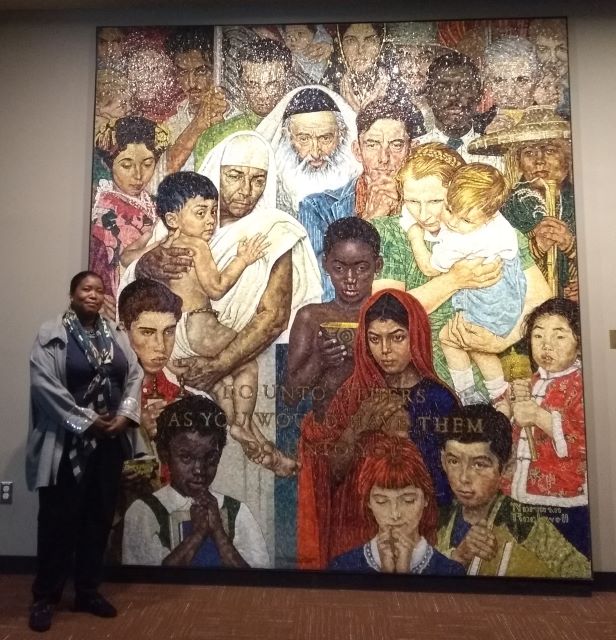
The conference proceeded through general plenary debate sessions and five interactive dialogues designed to be solution-oriented: water for health; water for sustainable development; water for climate; water for cooperation; and the Water Action Decade.
The event attracted more than 6,500 participants. By the end of the meeting, the Water Action Agenda had received approximately 700 commitments in the form of financial pledges, collaborative projects and actions to protect the world’s most valuable and irreplaceable resource.
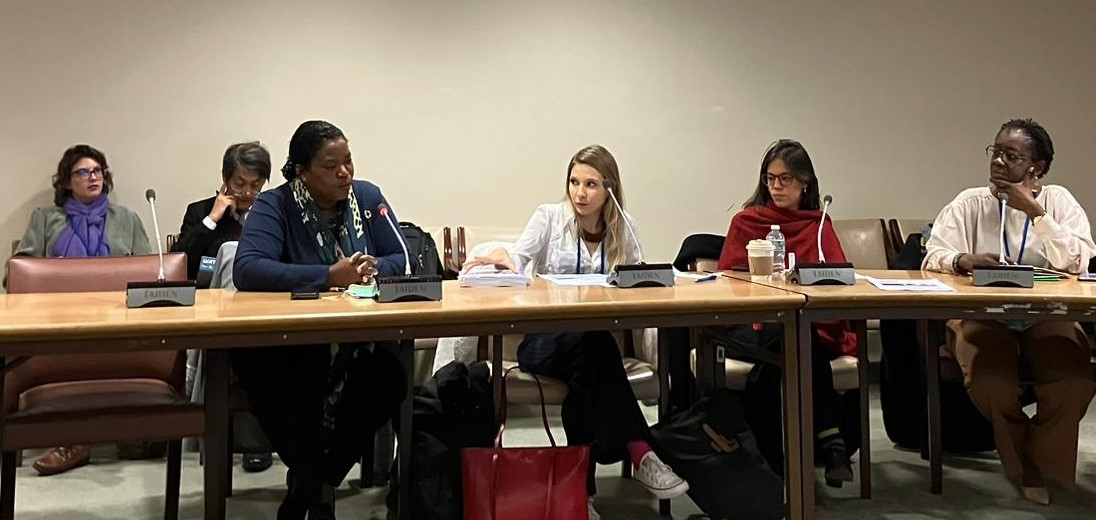
The focus on the 2023 Conference was the Water Action Agenda, which is composed of voluntary commitments from UN Member States and stakeholders. These pledges address a broad set of themes aimed at creating partnerships and cooperation towards shared urgent, immediate, and accelerated action, and to establish a strong international mechanism to prevent the global water crisis from spiraling out of control.
Positive news is that people continue to focus on all parts of the Water Action Agenda because “Water is and will remain everyone’s business”. The agenda represents the bold determination of the global community to address water challenges through a more coordinated and results-oriented approach, demonstrating the universal commitment to achieving water security and providing a roadmap for a water secure future.
The meeting outcomes reflected, among others:
• The need to consider water as global common good and radically change the world’s value for water, and thus how we manage water;
• The water-food-energy nexus approach as a means to achieve sustainable and just development, catalyse ecosystem and water health, and mitigate risk;
• Innovative finance, including public-private partnerships, as a requirement for successful implementation of water-related goals and targets; and
• The need for water-related actions to include a human rights-based approach.

Ruth gave a number of presentations on various days during the UN water conference and held an official UN Water Conference side event.
She spoke on behalf of INLW at the special event:
Women & Men with SDG6 –Training and Gender Action Plan in leadership will improve Sustainable Water and Sanitation Management
Ruth talked about Educating and Empowering our women, girls and boys by introducing affirmative action programmes in water and sanitation management and give them training in technical aspects such as data engineers in the water sector. Also give the young women, girls and boys access to sanitation.
Ruth organized an official side event on behalf of INLW with partners. The side event was about Reflections on Women, Water, Culture and Education, Past, Present and Future at the Columbia University. Several Women speakers and men gave their point of view why it is so important to educate our young women, girls and boys in water and sanitation management and provide clean and drinkable water
Ruth gave a presentation on Ethics and Water management at the official Side event UN 2023 Water Conference on Water & Socio-Ecological Justice at the AIA New York Center for Architecture.
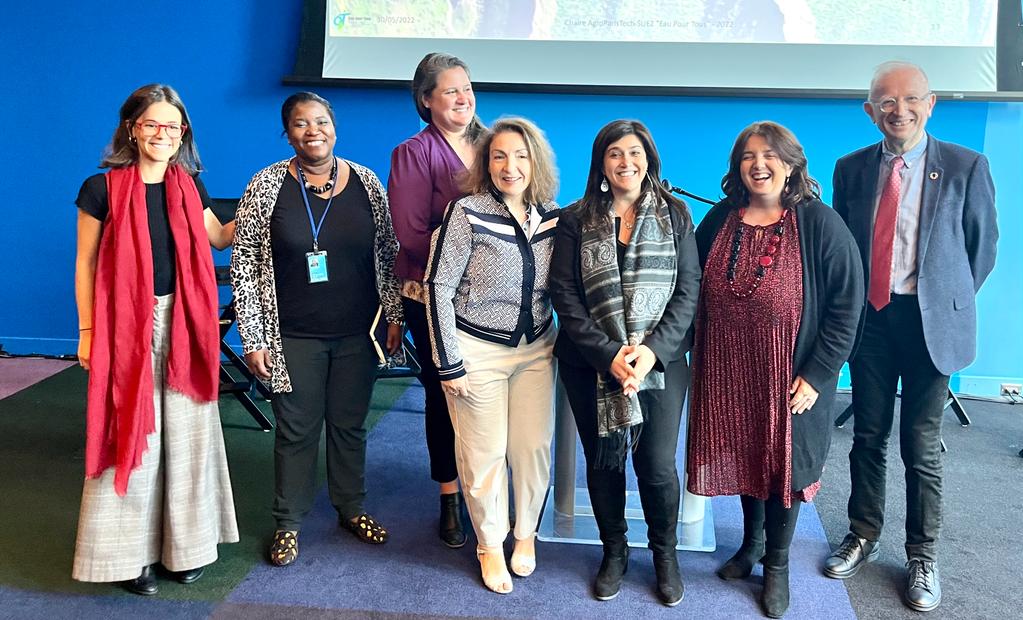
She addresses a problem that has so far been neglected by scholars investigating the Ethics of Big Data and policy makers in waste water treatment plants. The Ethics in Big Data by Preventing Legal inequality in Waste Water, however are not only an opportunity for sustainability, they also have some risks beyond the sensible preoccupation for privacy and security addressed by the Risk and initiative Global Pulse. Therefore, we must be careful about implementing our where abouts and private data to Wastewater treatments plants and particularly the impact it could have on the privacy of individuals. But doing this it will ultimately lead to a better water quality.
Ruth spoke on behalf of INLW and on behalf the Dutch Water Authority Rijnland at the Official Side event on Economic Resilience Through Water Resilience: Managing Economies for Uncertainty and Change Training SDG6 and Gender Action Plan in leadership will improve sustainable Water and Sanitation.
Ruth made her commitments on behalf of INLW and on behalf of the Dutch Water Authority together with other partners in the form of actions to protect the world’s most valuable and irreplaceable resource to:
📢 💧 💧 Prioritise water literacy for children & youth, young women, girls and boys.
📢 💧 💧 Invest in women, young women and youth-led solutions for #SDG6
📢 💧 💧 Provide action programmes in training and education for young women, girls and boys in technical data engineer and water and sanitation management.
📢 💧 💧 Involve women, young women and youth in water governance & accountability.
📢 💧 Provide water supply and equitable access to safe drinking water.
📢 💧 💧 Promoting female leadership in water resources and sanitation management.
📢 💧 💧 Include young women and women as stakeholders in water-related mechanisms, negotiations and decisions so that they can be part of the solution!
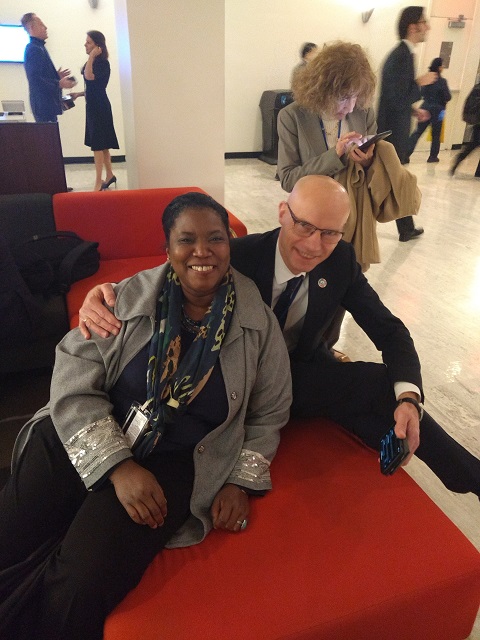
Partners:
INLW/Dutch Water Authority Rijnland ; • UNESCO Chair Water Ports and Historic Cities; • IHE Delft Institute for Water Education; • United Nations Economic Commission for Europe UNECE; • Womenvai; • World Federation of Engineers Organisation WFEO; • OISAT/WASAT • SUEZ – Chaire AgroParisTech Eau pour Tous; • Aquamatter • Brazil Water Gouvernement of São Paulo -SABESP • University of Campinas • University Bari Italy ; • Drinkable Rivers ; • UN Rivers ; • Consortium for Sustainable Urbanization and Columbia’s Center for Buildings, Infrastructure and Public Space.
https://www.youtube.com/watch?v=R1CNRROcQr4&t=3s
I would first like to thank everyone who contributed to organizing the side events. Especially Carola Hein from the UNESCO Chair Water Ports and Historic Cities for all her hard work in getting everything done. She brought out the best in me. She made it possible for us, together with other partners, to achieve our goals towards a great success during the UN Water Conference. Also many thanks to Frederick (Rick) Bell, Adjunct Associate Professor and Deputy Director of the Center for Buildings, Infrastructure and Public Space of Columbia University (New York City), FAIA for his support. And also many thanks to Miss Lylian Coelho Ferreira, Vice-President at Womenvai, she also made it possible; We have all done a great job!
Ruth Richardson
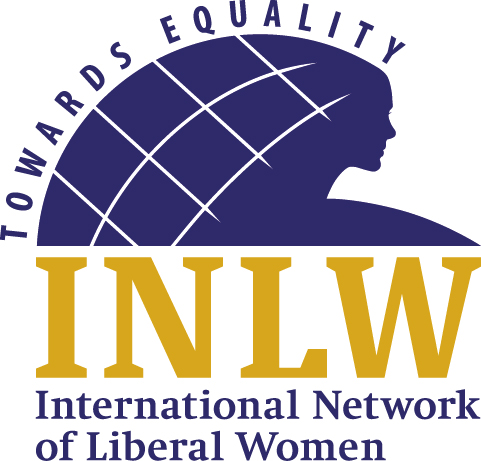
 Visit our Facebook page
Visit our Facebook page